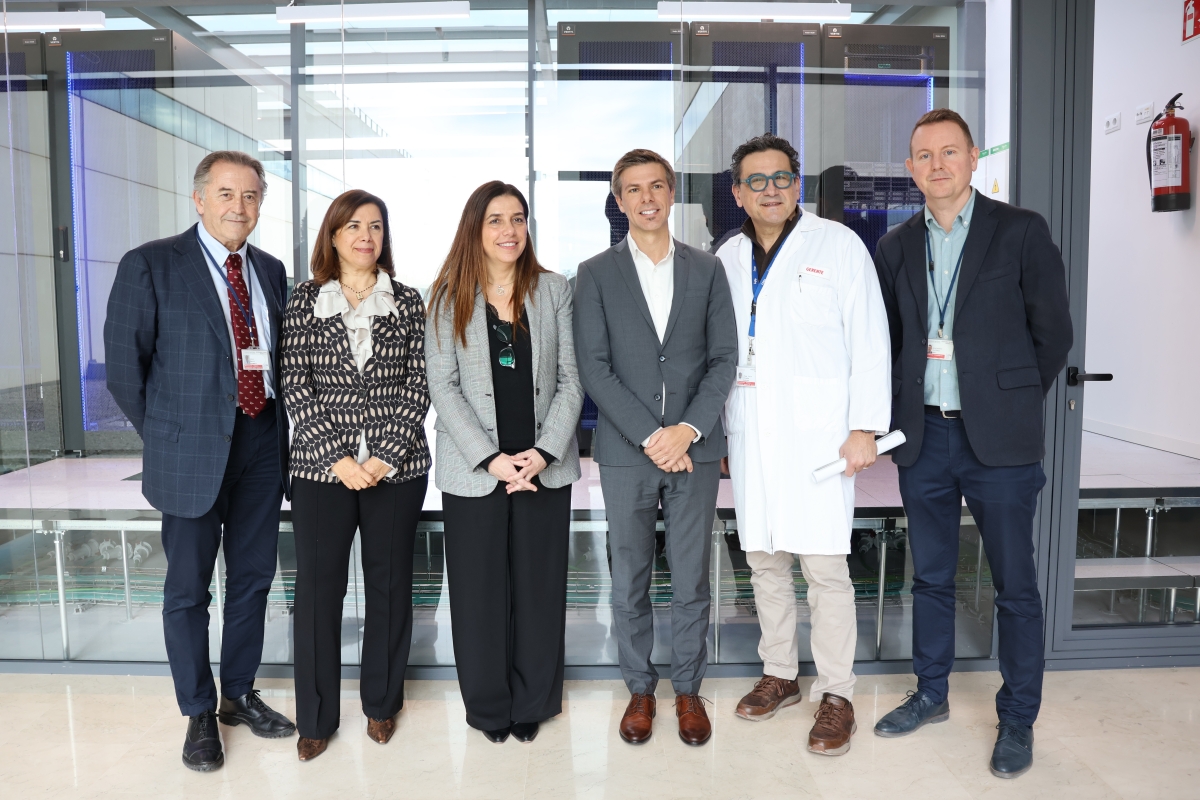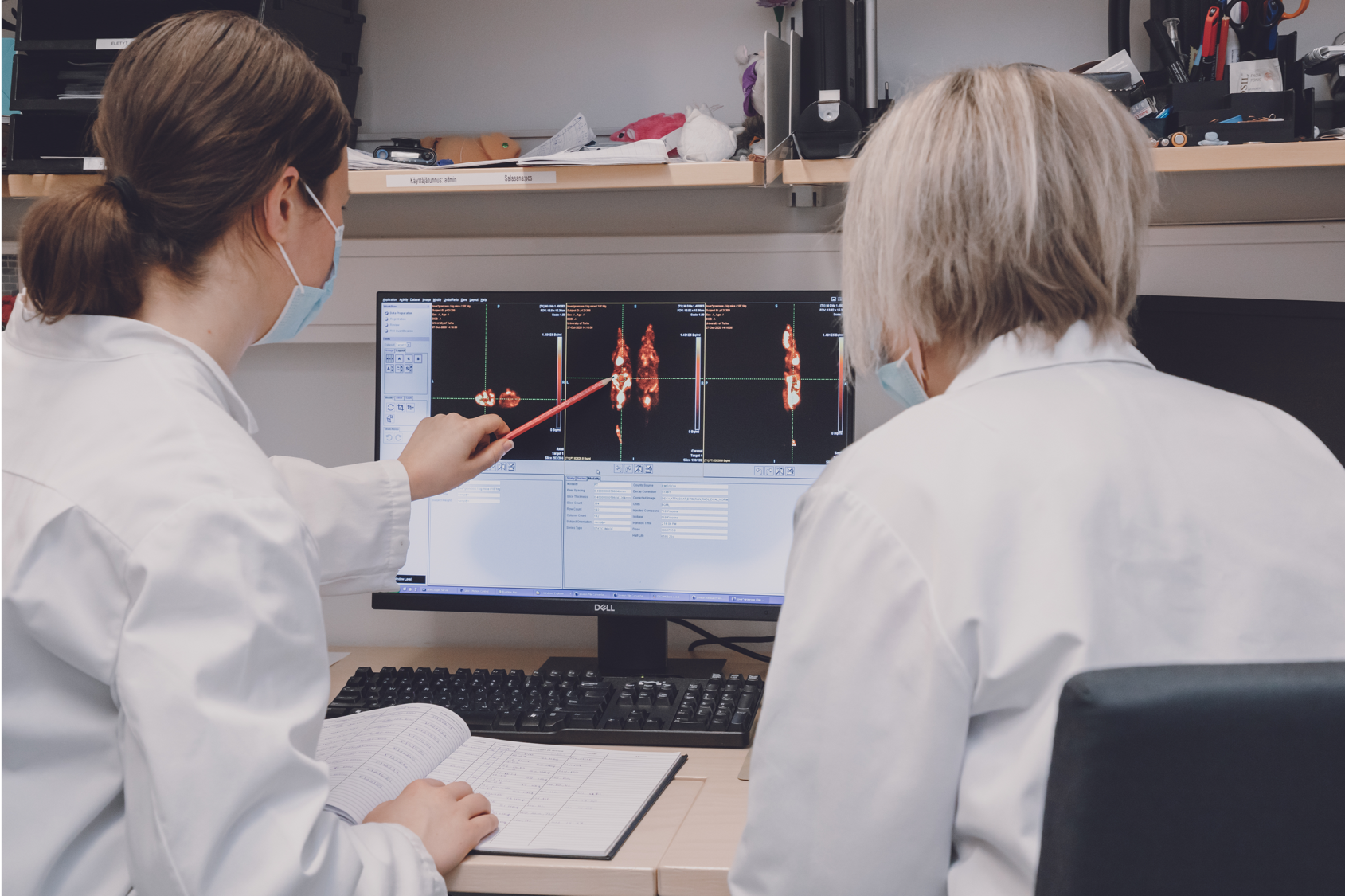
February 13, 2026
Euro-BioImaging at 3C-CoDash Hackathon
Bugra Oezdemir, our image data tools specialist from the Euro-BioImaging Bio-Hub team, had the pleasure of co-leading a session at the Data Science 3C-CoDash…
From the 20th to the 24th of October the Euro-BioImaging team had the immense pleasure of welcoming more than 30 colleagues from 20 Nodes for the first Euro-BioImaging Train-the-Trainer course on how to develop your own courses and workshops.
With funding from the EVOLVE project, this diverse group of core facility staff, with varying levels of experience in running training activities, came together for five inspiring days at the EMBL Imaging Centre in Heidelberg to share experiences, exchange tools and formats, co-develop their next training course, and explore opportunities for collaboration with industry and across Nodes.

Featuring seasoned trainers from the Euro-BioImaging Nodes and Industry Board, the course offered participants a chance to take a step back and reflect on what makes a training course successful, how to teach in a scientific way, and how to reach and motivate learners. Participants explored new approaches to course design, engagement strategies, and assessment, while developing a network for future collaboration.
I think this is a fantastic course that's actually really helpful for trainers across all different levels.
Xian Hu (Edna), NorMIC Oslo
I learned how to really define learning objectives and how to better think about the way that I want to teach users in the future.
Katharina Kaiser, Danish BioImaging Node


Throughout the week, participants and trainers worked side by side, exchanging experiences and ideas, discovering new ways to design and deliver impactful training. The diversity of backgrounds and expertise created a vibrant environment where everyone could both teach and learn. Together, they built connections that go beyond institutions and disciplines, strengthening the Euro-BioImaging community as a whole.
I love it, and I think that it really helped me to … increase my skills to create much, much better training.
Małgorzata Całka-Kresa, Advanced Light Microscopy Node Poland (Participant)
I enjoyed it more than I had expected. I learned a lot of things. I met lots of very nice people, and also we really had a lot of exchanges.
Sylvie Le Guyader, National Microscopy Infrastructure Sweden (Trainer)
The impact of this course will be far-reaching, as its insights and methodologies will be integrated into training programmes across Europe. By mutualising knowledge and sharing experience, this EVOLVE Train-the-Trainer course has a reach and impact that goes far beyond the participants and trainers.
A heartfelt thank you to all participants, trainers, and contributors who made this first Euro-BioImaging EVOLVE training course such a success!
Want to know more about the upcoming courses and workshops held at our nodes?

February 13, 2026
Bugra Oezdemir, our image data tools specialist from the Euro-BioImaging Bio-Hub team, had the pleasure of co-leading a session at the Data Science 3C-CoDash…

February 12, 2026
The IIS La Fe (Instituto de Investigación Sanitaria La Fe) in Valencia, hosting the Euro-BioImaging Radiology and Medical Imaging Valencia Node, has inaugurated…

February 11, 2026
Today is the International Day of Women and Girls in Science. And tomorrow. And the day after that. The images below show our everyday.